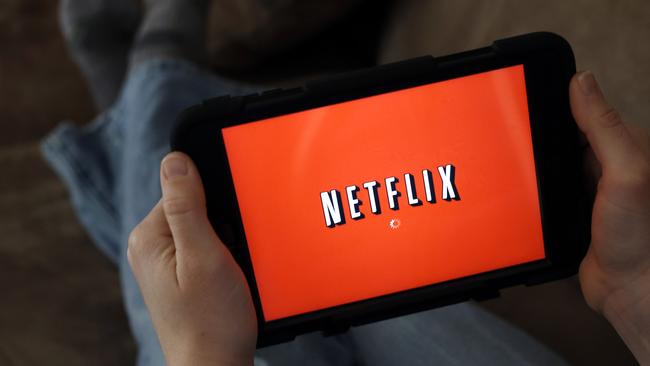Netflix closes in on VPN loophole, Unblock-us.com is unfazed
Users will soon only be able to access titles available inside their territory, but one unblocking company is unfazed.

A web service that lets viewers access overseas versions of Netflix will seek to defy its latest attempt to geo-lock its libraries.
Despite the presence of Netflix locally, Australians are among users who use a virtual private network (VPN) or unblocking site to access the more content-rich version of Netflix in the US.
They need to use these services to get around some rudimentary geo-blocking technology that only lets them access the Netflix library in their own country. At the end of 2015, some 2.7 million Australian were accessing Netflix, according to Roy Morgan research.
The fact users get around this geoblock has aggravated Netflix’s local competitors because in the US, Netflix often has the rights to movies and TV series that these local competitors have Australian rights to.
On the back of pressure from these rivals, Netflix several times has signalled an intention to close this loophole and stop customers geo-skipping out of the country they are in; but these attempts have seemed half-hearted.
Even now, an Australian Netflix customer with a local account can access US content with the same account. You can sign up to Netflix with an Australian credit card in Australia and still access the wider US Netflix media library using an unblocking service.
The issue however has come to a head with Netflix this month adding more than 130 countries to its streaming service, and thereby pitting itself against many more local content providers in those countries.
In a blogpost this week, Netflix vice president of content delivery architecture David Fullagar said the streaming service would move to nullify the unblocking services, thereby forcing viewers to watch Netflix content available from where they are watching.
“Some members use proxies or “unblockers” to access titles available outside their territory,” Fullagar wrote. “To address this, we employ the same or similar measures other firms do. This technology continues to evolve and we are evolving with it.
“That means in coming weeks, those using proxies and unblockers will only be able to access the service in the country where they currently are. We are confident this change won’t impact members not using proxies.”
But one of the unblocking services has signalled it will fight the move. Unblock-us.com charges users around $5 per month for a service that lets them choose which country’s Netflix library they wish to access. They select it from a drop down menu. They also offer geo-selection of other streaming services such as Hulu.
A spokesperson for unblock-us.com indicated they are unfazed by Netflix’s decree and will fight the move.
“We are aware of the announcement and should our service be affected at any time, we will make adjustments,” the spokesperson told The Australian. “Presently, there is nothing to be concerned about as everything is working properly.”
The spokesperson said it was the company’s mission to provide its customers with open and free access to content from anywhere around the world.
Netflix has a few options to try to reign in customers geo-skipping to other Netflix jurisdictions. One is to match the customer’s address and credit card with the Netflix content they are seeking to view, however the content you legally view changes if you travel overseas which makes country-of-origin matching not universally appropriate.
Another would be to ban users who use a VPN. While a VPN protects a user’s identity, a reverse DNS lookup might reveal the DNS service belongs to a VPN provider. But it might not.
Alternatively, it could try to force customers to verify their country by sending them a code by SMS that they verify, a form of two-factor authentication.
All are messy. Time will tell whether the unblocking sites and VPN services or Netflix wins this battle of wills.
Netflix says that over time it hopes to offer its content everywhere and, as The Australian reports, US companies such as Google are seeking for government to rewrite copyright law they regard as more appropriate in the digital age.
But Netflix also faces the prospect of local media companies forming alliances with overseas content providers to collectively outbid the US streaming service, or make buying content much more expensive.





